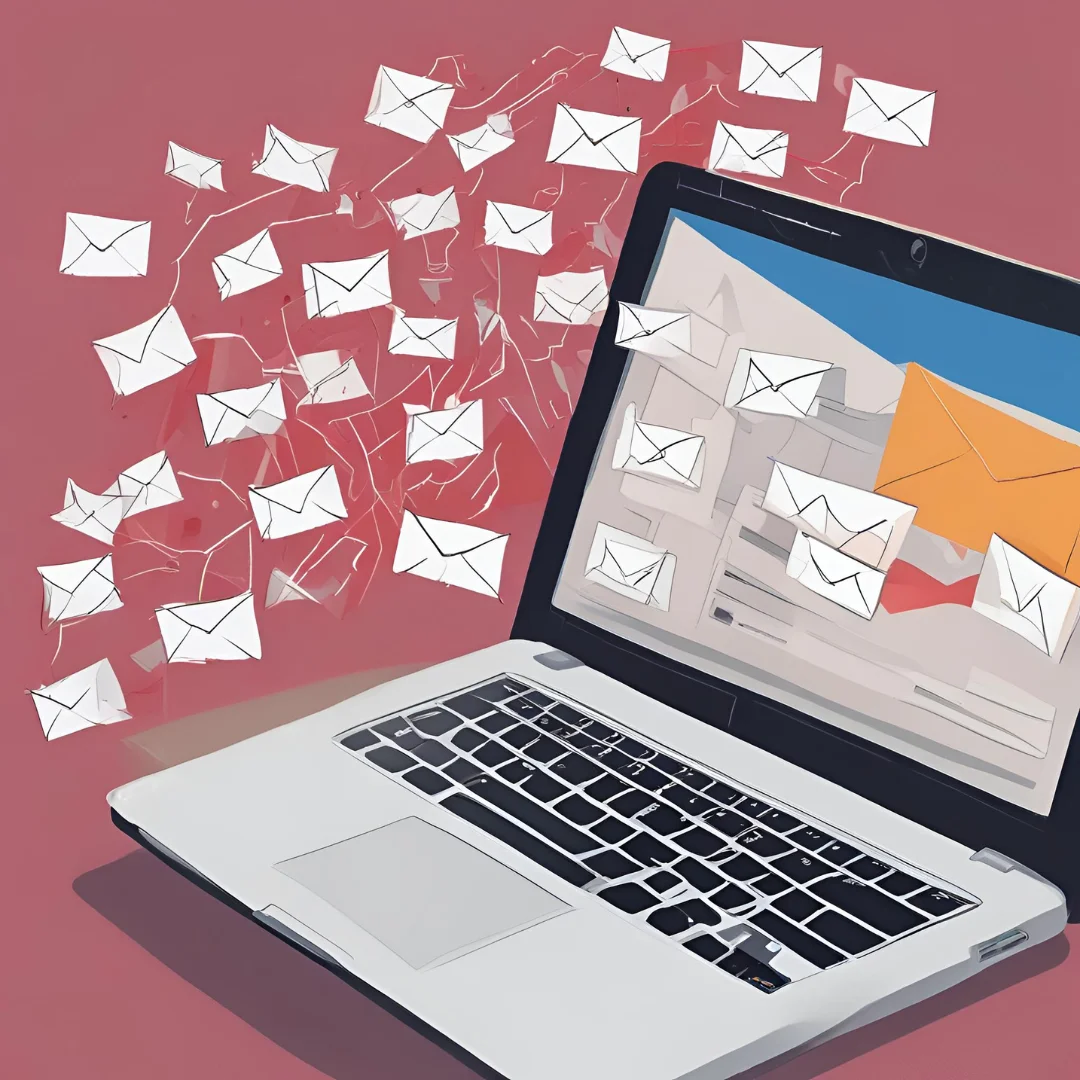Keeping an eye on your online visibility and privacy is crucial in the connected digital world of today. Email addresses are required for everything from service registration to getting access to exclusive deals. You run the danger of receiving unsolicited spam, advertising emails, and privacy issues if you do this frequently. This is the use of temporary email addresses, sometimes referred to as throwaway or disposable email addresses. They provide a workable way to control online relationships, preserve privacy, and shield your main email account from superfluous clutter.
Understanding Temporary Email Addresses
As their name implies, temporary email addresses are just that—email addresses designed for brief usage. Receiving verification links, access codes, or other one-time emails is the special function of temporary email accounts, as opposed to your regular or permanent email account, which you might use for personal or business correspondence. They help users escape the constant barrage of commercial emails and the privacy risks associated with disclosing their primary email address because they are made to be used momentarily and then discarded.
Benefits of Using Temporary Email Addresses
-
Privacy Protection: The increased anonymity that temporary email addresses offer is one of their main benefits. You can protect your primary email account from unsolicited marketing communications and possible spam by using a temporary email address. This is especially helpful when registering for services or getting access to information that could ask for an email address but doesn't require continuous communication.
-
Avoiding Spam: Receiving a deluge of marketing emails and newsletters is a common consequence of signing up for multiple internet services. With temporary email addresses, you may completely avoid this problem. These addresses are only used temporarily or for a specific reason, so you can easily discard them after they've done their job and keep your main inbox clutter-free.
-
Simplified Verification: Email verification is a requirement for many websites and online platforms when registering or signing up. Using a temporary email address lets you meet the verification requirement without putting your primary account at danger of security breaches, as opposed to using your main email address, which might lead to further spam.
-
Enhanced Security: Incorporating temporary email addresses into your overall online security plan is another benefit. You lower the possibility that phishing scams or other harmful activity will target your primary email account by using disposable emails for communications with unknown or less-trusted websites.
-
Convenience in Testing: Temporary email addresses offer a practical way to test out a new website or service without revealing your personal information. You can register, get the required updates, and test the service without giving up your permanent email address.
Tips for Using Temporary Email Addresses Effectively
To maximize the benefits of temporary email addresses and ensure a seamless experience, consider the following tips:
1. Choose a Reliable Service
Not every short-term email provider is made equal. Some might include longer expiration periods, stronger privacy safeguards, or other services like personalized email addresses. Choose a provider based on your security preferences and unique demands after doing some research on them.
2. Understand Expiry Policies
Email expiration regulations vary throughout temporary email services. Certain email addresses might expire after a predetermined amount of time (like 24 hours), while others might stay active until they receive a specific amount of emails. Learn about these policies so that you don't miss any crucial communications.
3. Use for Non-Critical Communications
Temporary email accounts are useful for instant sign-ups and verification, but they are not appropriate for significant or continuous correspondence. Keep them for communications where you would rather not use your regular email address but are required to supply one.
4. Monitor Periodically
Even though temporary email addresses are meant to be transitory, it's a good idea to check them from time to time, particularly if you anticipate receiving critical communications. Depending on their particular characteristics, certain providers might let you recover emails from expired accounts or prolong the life of an address.
5. Avoid Sharing Sensitive Information
Sharing private or sensitive information via temporary email addresses is generally discouraged. They offer some anonymity and privacy, but they are not intended for long-term or secure storage of sensitive data.
6. Combine with VPN for Enhanced Privacy
Use a temporary email account along with a Virtual Private Network (VPN) for enhanced security and privacy. By encrypting your internet connection, a virtual private network (VPN) increases the difficulty of third parties monitoring or intercepting your online activity, including email correspondence.
7. Consider Permanent Solutions for Regular Use
Although they can be quite helpful in some situations, temporary email accounts shouldn't be used in place of your main email account. Invest in a permanent, secure email service for critical transactions, ongoing correspondence, and long-term email storage.
Conclusion
Transient email addresses are a useful tool for controlling your online identity and safeguarding your privacy. Disposable email accounts provide a flexible and efficient way to test new services without jeopardizing your personal information, prevent spam, or protect your regular email account.
Through comprehension of their advantages, application of optimal methodologies, and selection of a dependable service supplier, it is possible to fully utilize provisional email addresses and preserve authority over your online presence. Use these suggestions to improve your online habits and benefit from a more organized inbox, more privacy, and increased security when interacting with others online.
Temporary email addresses provide people the confidence and convenience to easily navigate the internet world in a time when digital privacy is becoming more and more vital. You may simplify your online interactions and safeguard your personal information from potential risks and unwanted exposure by using these tools carefully.




